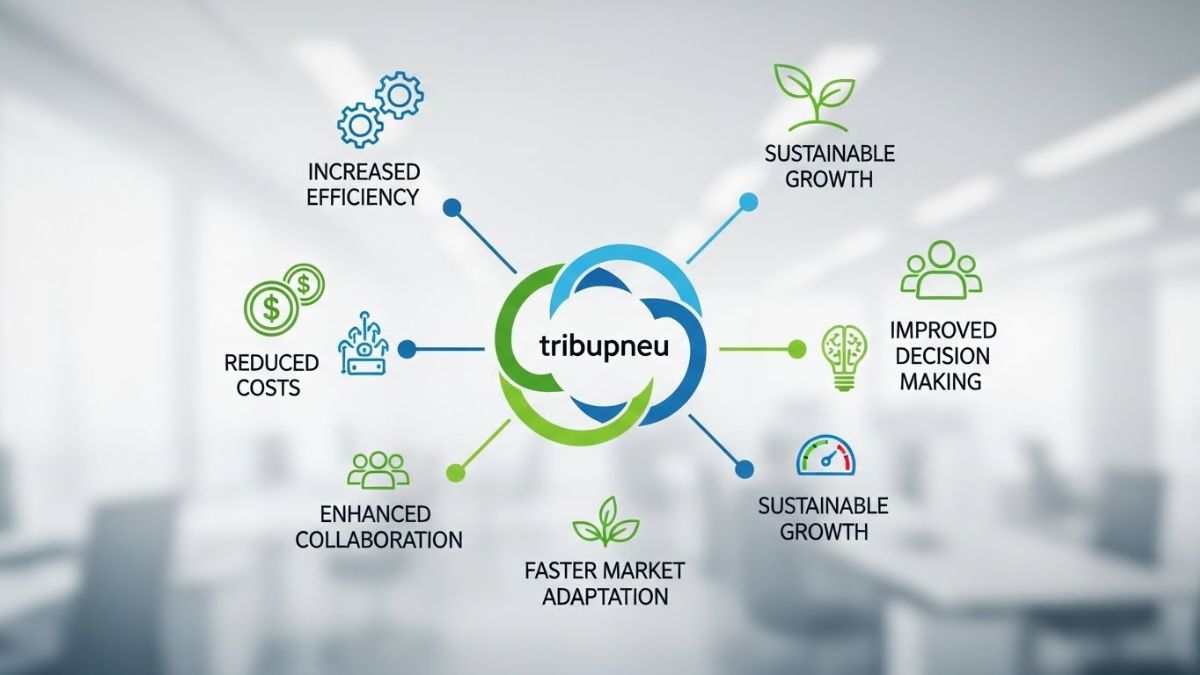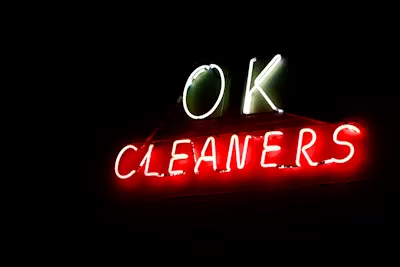The real estate industry is not without its controversies, and the 72 Sold lawsuit is one of the most talked-about cases in recent times. For those unfamiliar with 72 Sold, it is a real estate program that promises homeowners a fast and efficient sale process within 72 hours. While the program has garnered significant attention for its unique approach, it has also been the subject of legal scrutiny. This article delves into the 72 Sold lawsuit, exploring its background, key issues, and potential impact on the real estate market.
The 72 Sold Program: An Overview
The 72 Sold program was designed to offer a streamlined, quick-sale solution for homeowners looking to sell their properties without the traditional hassles of real estate transactions. The program’s promise to sell homes within 72 hours caught the attention of many, especially in a market where selling a home can often be a long and arduous process. However, the rapid success of the program also led to increased scrutiny, eventually culminating in a lawsuit.
What Led to the 72 Sold Lawsuit?
The lawsuit against 72 Sold was primarily fueled by concerns over the program’s advertising practices and business model. Critics argued that the program’s claims of selling homes within 72 hours were misleading and that the actual process involved conditions that were not clearly disclosed to potential clients. These conditions, which included specific pricing strategies and terms of service, allegedly created confusion among homeowners, leading to dissatisfaction and legal action.
Key Allegations in the Lawsuit
The 72 Sold lawsuit includes several key allegations, most notably concerning the transparency of the program’s terms and conditions. Plaintiffs in the case have accused 72 Sold of engaging in deceptive advertising, which they claim misled homeowners into believing that their homes would be sold quickly and at market value. Additionally, there are allegations that the program pressured homeowners into accepting lower offers than they might have received through traditional real estate channels.
Another critical aspect of the lawsuit revolves around the commission structure of 72 Sold. The plaintiffs argue that the program’s fees were not adequately disclosed upfront, leading to unexpected costs for homeowners. This lack of transparency, combined with the program’s aggressive sales tactics, forms the basis of the legal challenge against 72 Sold.
The Response from 72 Sold
In response to the lawsuit, 72 Sold has defended its business practices, asserting that the program is entirely legal and that its advertising is not misleading. The company has stated that the 72-hour sale promise is contingent upon certain conditions, which are clearly outlined to clients before they commit to the program. Furthermore, 72 Sold has argued that its commission structure is competitive with industry standards and that homeowners are fully informed of all costs before proceeding with the sale.
Potential Impact on the Real Estate Market
The outcome of the 72 Sold lawsuit could have significant implications for the real estate market, particularly for similar programs that promise quick sales. If the court rules against 72 Sold, it may lead to increased regulation and oversight of real estate advertising and business practices, ensuring that consumers are better protected from misleading claims. On the other hand, if 72 Sold prevails, it could reinforce the legitimacy of alternative real estate models, encouraging innovation in the industry.
The Importance of Due Diligence
For homeowners considering programs like 72 Sold, the lawsuit serves as a reminder of the importance of due diligence. It is crucial to thoroughly research and understand any real estate program before committing, particularly when it promises results that seem too good to be true. Homeowners should carefully review all terms and conditions, ask questions about fees and commissions, and consult with a trusted real estate professional if needed.
Conclusion
The 72 Sold lawsuit is a complex case that highlights the challenges and risks associated with alternative real estate programs. While 72 Sold has defended its practices, the legal battle underscores the need for transparency and consumer protection in the industry. As the case unfolds, it will be essential to monitor its developments and consider the broader implications for real estate transactions in the future.
FAQs
What is the 72 Sold lawsuit about?
The 72 Sold lawsuit involves allegations of deceptive advertising and lack of transparency in the program’s terms and conditions. Plaintiffs argue that the program misled homeowners about the speed and value of their home sales.
Is 72 Sold still operating during the lawsuit?
Yes, 72 Sold continues to operate while defending itself in the lawsuit. The company maintains that its practices are legal and that it has been transparent with its clients.
Could the lawsuit affect other real estate programs?
If the lawsuit results in a ruling against 72 Sold, it could lead to increased regulation and scrutiny of similar real estate programs, potentially affecting how they operate and advertise.
What should homeowners consider before using 72 Sold?
Homeowners should carefully review all terms and conditions, ask detailed questions about fees and commissions, and ensure they understand the full scope of the program before committing.
When is the lawsuit expected to be resolved?
The timeline for the lawsuit’s resolution is uncertain, as legal cases can take months or even years to conclude. Homeowners and industry professionals are closely watching the developments.















